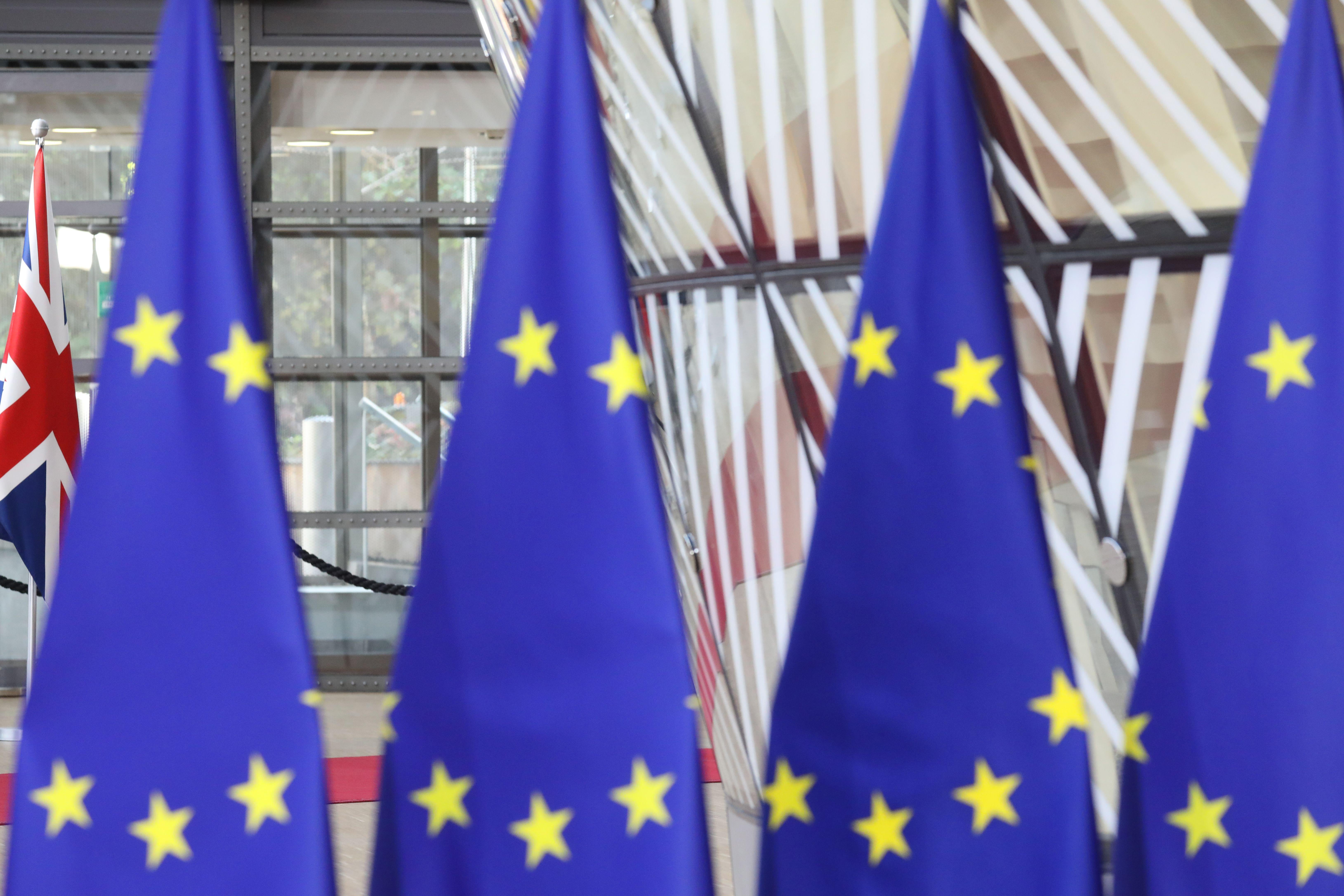German Wikipedia has gone dark for 24 hours on Thursday in protest of proposed changes to the EU copyright law, known as the Copyright Directive. When users try to access the site, they’re confronted with a black screen and a message that reads, “This is our last chance. Help us to modernize copyright in Europe.”
German Wikipedia is not alone. Major sites like Reddit, Pornhub, and Twitch are displaying protest banners on their homepages for European users and on social media with a hashtag #saveyourinternet. More than 5 million Europeans have also signed a petition against new amendments to the Copyright Directive, which the European Parliament will vote on next week. In addition, 130 European businesses and websites, led by the file storage service NextCloud, submitted a letter to the Parliament, specifically condemning Articles 11 and 13 of the new measure.
The problem with the Copyright Directive, according to the letter, is that it gives too much power to news publishers and content-hosting platforms. Article 11 allows publishers to charge any platform that links to their stories, which NextCloud says will create “a completely new intellectual property right for press publishers” and stifle innovation by putting any startup offering services based on aggregated online information out of business. Article 13 makes platforms legally responsible for any copyrighted materials users may upload. This means sites will need to screen content before it’s published, requiring expensive content filtering mechanisms and making platforms determine the legality of user-generated content. According to a video posted on Wikipedia’s Twitter account, Article 13 would “hurt free expression, and threaten posts like comedy, parody, illustrations, and criticism.”
This online protest is not the first of its kind. In 2014, many sites in the U.S. participated in an Internet Slowdown Day to show support for net neutrality when the Federal Communications Commission was in the process of drafting new rules. On Sept. 10 of that year, sites displayed a loading symbol, also known as the “spinning wheel of death,” to symbolize what could happen if companies were allowed to reduce internet speed for users based on how much they pay. Also in 2014, more than 5,000 websites in the U.S. participated in “The Day We Fight Back” by displaying banners that urged users to push for congressional reform against NSA surveillance.
The EU protest against the Copyright Direction will not be limited to the internet, however. Advocacy group Save Your Internet also called on Europeans to march against copyright reform on March 23 to pressure lawmakers not to adapt the proposed measures. Diego Naranjo, a senior policy adviser at the digital rights group EDRi, told the Verge that the EU scheduled the vote as early as possible, signaling that “they’re trying to avoid public pressure.” But the public may be applying some pressure anyway.
Future Tense is a partnership of Slate, New America, and Arizona State University that examines emerging technologies, public policy, and society.
